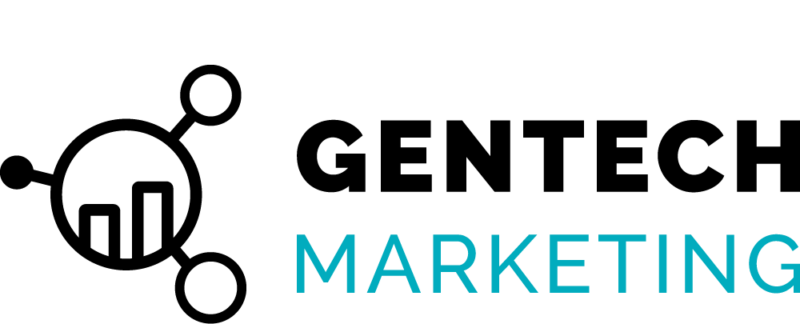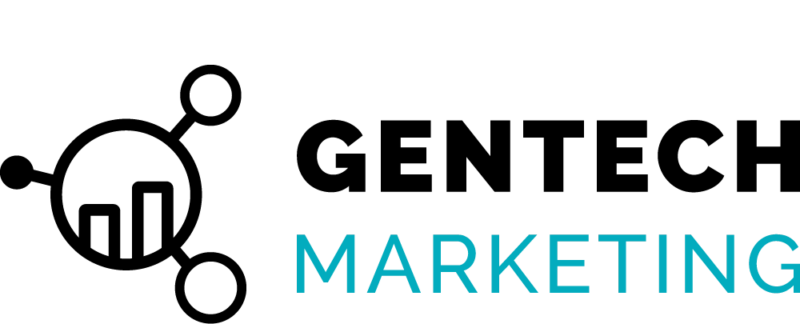Artificial intelligence is no longer just a buzzword it’s essentially the major change in marketing in the modern day. AIs have altered the way brands meet their audience through techniques like predictive analytics, automated ad campaigns, or chatbots, which are more human-like even than some people.
However, here is the thing: marketing has become quicker and more intelligent due to automation, but the human element has not been eliminated it has been redefined.
The marketers who will be in greatest demand in 2025 are not those struggling with AI but those who know how to use it.
We should examine how AI and automation are generating a demand for digital marketing and also what skills, strategies, and mindsets are needed nowadays to be successful in this new environment.
Key Takeaways
- AI is revolutionizing marketing from human intervention to smart automation that learns and adapts over time.
- Automation technology enhances productivity but needs human imagination to remain genuine and emotionally resonant.
- AI-driven data insights are revolutionizing campaign planning, targeting, and personalization.
- The need for marketers with analytics, AI platform skills, and the ability to use data ethically is growing rapidly.
- Human bias, narrative, and compassion remain indispensable they infuse technology with meaning.
Table of Contents
Toggle1. The Rise of AI in Marketing
Let’s face it AI surrounds us. It creates ad copy, suggests products, segments audiences, and even determines whether to deliver that ideal follow-up email. Something that took armies of analysts previously occurs within seconds now.
Industry surveys that were conducted recently indicated that more than 80% of marketing teams utilize some sort of AI or automation as part of their day-to-day activities ranging from keyword research and predictive analytics to creative testing.
The effect?
Marketers have less time for drudgery and more for strategy, creativity, and expansion the things machines can never really own.
Examples of AI in practice:
- Chatbots offering 24/7 customer support with natural language.
- Predictive analytics that predict campaign performance.
- Smart ad platforms auto-tune bids and targeting.
- Content generators that write outlines or captions in seconds.
- AI is not coming for your job; it is coming to change what those jobs are.
AI isn’t here to steal jobs; it’s here to shift what those jobs look like.
2. How Automation Changed the Marketing Workflow
A few years ago, marketers juggled dozens of individual tools: email schedulers, ad dashboards, analytics reports, and spreadsheets. Now, automation platforms integrate everything into one ecosystem.
With automation, marketing has shifted from “doing tasks” to architecting systems.
Rather than manually sending campaigns, marketers set up workflows and let them run on triggers such as when someone downloads a guide or abandons their cart or visits the pricing page.
Core areas automation now dominates:
- Email sequences and customer nurturing
- Lead scoring and CRM management
- Social media posting and scheduling
- Retargeting and ad delivery
- Data aggregation and reporting
Result: Marketing runs around the clock, guided by logic and data freeing humans to focus on creative and strategic decisions.
3. Data-Driven Decision Making
This is the essence of AI-powered marketing: data intelligence.
Machines analyze gigabytes of data on the fly, uncovering patterns that human eyes could never manually detect.
“Which is to say, campaigns are no longer gut-based they are behavior-based, probability-based, and trend-based.”
What AI can show, for instance:
- What kind of content converts the best?
- When people are most likely to open an email or click a link.
- What ad creatives are resonating by region, gender, or device?
- Predictive churn who is about to stop engaging with your brand?
The demand for data-literate marketers — those who can translate numbers into strategy has skyrocketed. Businesses don’t just want creatives anymore; they want creative analysts.
4. Personalization at Scale
Remember when email marketing felt generic?
Now all of that advertising, messaging, and product recommendation can seem to be tailored just for you courtesy of AI.
AI-driven personalization leverages real-time behavior, browsing behaviors, and purchase history to serve up the right message at the right time.
This isn’t “Dear [First Name]” personalization this is predictive personalization.
Example:
If you browse for hiking boots, AI might send you a post about trail safety tomorrow and a discount code the next day. That’s machine learning predicting what you’ll want next.
Why it matters: People respond better to relevance.
Targeted advertising efforts. Shopper engagement, loyalty, and conversion rates are higher due to personalized marketing. It’s what fuels brands that nail it Amazon, Netflix, Spotify keep winning attention.
5. AI in Content Creation
This one sparks the most debate.
AI can now generate blog outlines, ad copy, captions, and even graphics. But does that mean human writers are obsolete? Not even close.
Here’s what’s really happening:
AI handles speed and structure, while humans handle voice and emotion.
The best marketers use AI to brainstorm, organize, and scale then add personality, depth, and nuance.
Balanced workflow example:
- AI suggests blog topics and structures.
- The writer refines them, adds unique insights and stories.
- AI helps with grammar, SEO, and optimization.
- The editor ensures tone, flow, and authenticity.
That’s not replacement that’s collaboration.
6. Changing Skill Demands in the Marketing Workforce
Because of AI and automation, the skills employers want have shifted dramatically.
In 2015, marketers were valued for creativity and copywriting alone.
In 2025, those skills still matter but they must pair with technical literacy.
Top high-demand skills now include:
- Data analytics and visualization
- AI prompt engineering and workflow design
- CRM automation and marketing software mastery
- Conversion rate optimization (CRO)
- UX-focused storytelling
- Ethical data usage and compliance
Marketers who can use both left-brain logic and right-brain creativity are the new unicorns of the industry.
7. The Human Edge: What AI Still Can’t Replace
Even as AI dominates the technical side, marketing is still and always will be about human emotion.
People buy based on trust, curiosity, and belonging. Machines can predict patterns, but they can’t feel them.
That’s where you come in.
Your creativity, empathy, and sense of culture give meaning to the data.
AI can say when to speak but only a human knows what to say.
Human strengths that remain irreplaceable:
- Emotional intelligence and empathy
- Cultural awareness
- Ethical judgment and brand voice
- Storytelling that connects logic with emotion
In short, AI amplifies good marketers it doesn’t replace them.
8. The Future: Symbiosis Between Humans and AI
The next wave of marketing is not human or AI it’s a partnership.
Think of automated systems conducting campaigns, testing creatives, and analyzing engagement — while marketers fine-tune the story, visual approach, and message.
More A.I. copilots intelligent assistants whose brains are built into CRMs, design tools, and analytics platforms will help marketers move more quickly without losing control.
But the brands that persevere will be those that leverage AI morally and deliberately, striking the right balance between automation and authenticity.
Conclusion
AI and automation have turned a manual craft like digital marketing into something intelligent and data-driven.
But the truth? The marketers who are in high demand aren’t those who fear change they are the ones who embrace it, adopt it, and humanize it.
AI can analyze, predict, and automate it’s up to you to inspire, connect ,and create meaning.
The future of marketing belongs to the marketers who can blend machine efficiency with human creativity the perfect combination of left brain and right. Contact GenTech Marketing if you want to learn more!
Selecting an Accurate Health Marketing Agency
Conclusion
AI and automation have turned a manual craft like digital marketing into something intelligent and data-driven.
But the truth? The marketers who are in high demand aren’t those who fear change they are the ones who embrace it, adopt it, and humanize it.
AI can analyze, predict, and automate it’s up to you to inspire, connect ,and create meaning.
The future of marketing belongs to the marketers who can blend machine efficiency with human creativity the perfect combination of left brain and right.
FAQs
1. How is AI changing digital marketing jobs?
AI is automating repetitive work but creating new roles in data analytics, AI content optimization, and marketing automation strategy.
2. What marketing skills are most useful in an AI-driven world?
Data interpretation, creative strategy, prompt engineering, and storytelling are essential — they help bridge technology and audience connection.
3. Will AI replace marketers completely?
No. AI can assist and scale marketing, but human creativity and empathy remain irreplaceable in building authentic brands.
4. How can small businesses use AI in marketing?
They can use AI tools for ad targeting, email automation, content creation, and customer support to compete with larger brands more efficiently.
5. What’s the biggest risk of AI in marketing?
Over-reliance. When marketing loses its human voice, trust and authenticity fade — that’s when automation starts hurting, not helping.



